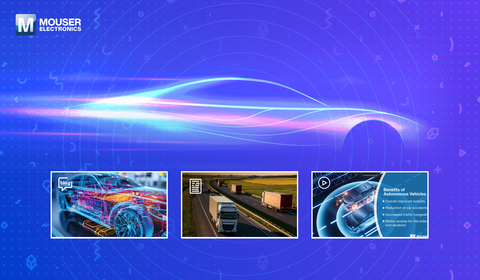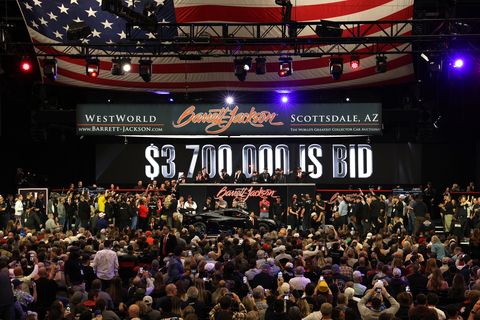
ne dilemma faced by current and prospective electric cars owners has been where to recharge when away from home. Luckily, the day is fast approaching when charging stations will be found outside of drug stores and doughnut shops, and electric vehicles will power-up in the time it takes their owners to grab lunch.
Today, most electric cars are charged at home or at work with AC electric power — a process which often takes several hours. DC or Direct Current power, however, can recharge an electric vehicle’s batteries up to 80 percent in less than 20 minutes — but DC charging stations have yet to become commonplace.
What may finally change this state of affairs is the adoption of a more or less universally accepted DC fast charge connector by the automakers. This week, GM, Ford, Chrysler, BMW, Daimler, Volkswagen, Audi and Porsche did just that by giving their blessing to the Society of Automotive Engineer’s (SAE’s) AC and DC “combo” fast charge connector. The hope is that standardization of the connector will pave the way for the deployment of more commercially and strategically located DC fast charging stations across the U.S. The first electric vehicles expected to benefit from the new DC fast charging are the Chevrolet Spark EV and the BMW i3.

















More Stories
GlobalLogic Pioneering Software-Defined Vehicles, AI Innovation, and Sustainable Solutions for the Future of Automotive Mobility
Battery Coating and the Impact on Charging Infrastructure for Electric Vehicles
Envalior on track to meet global sustainability targets